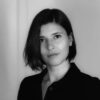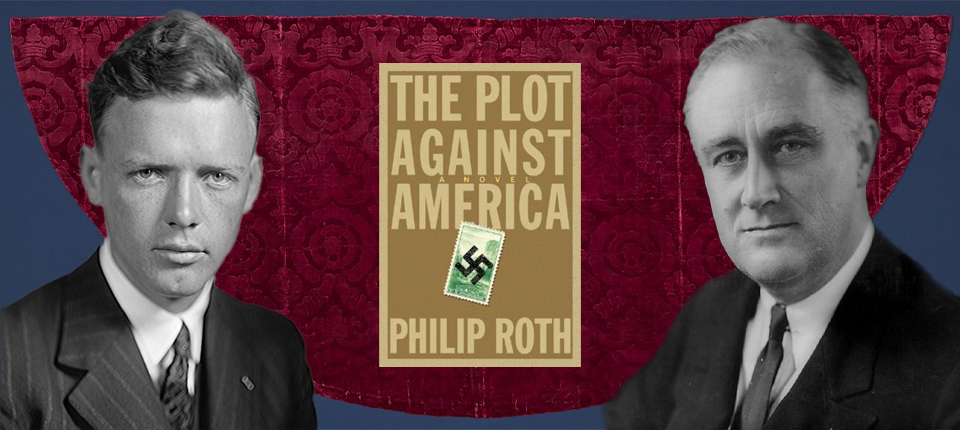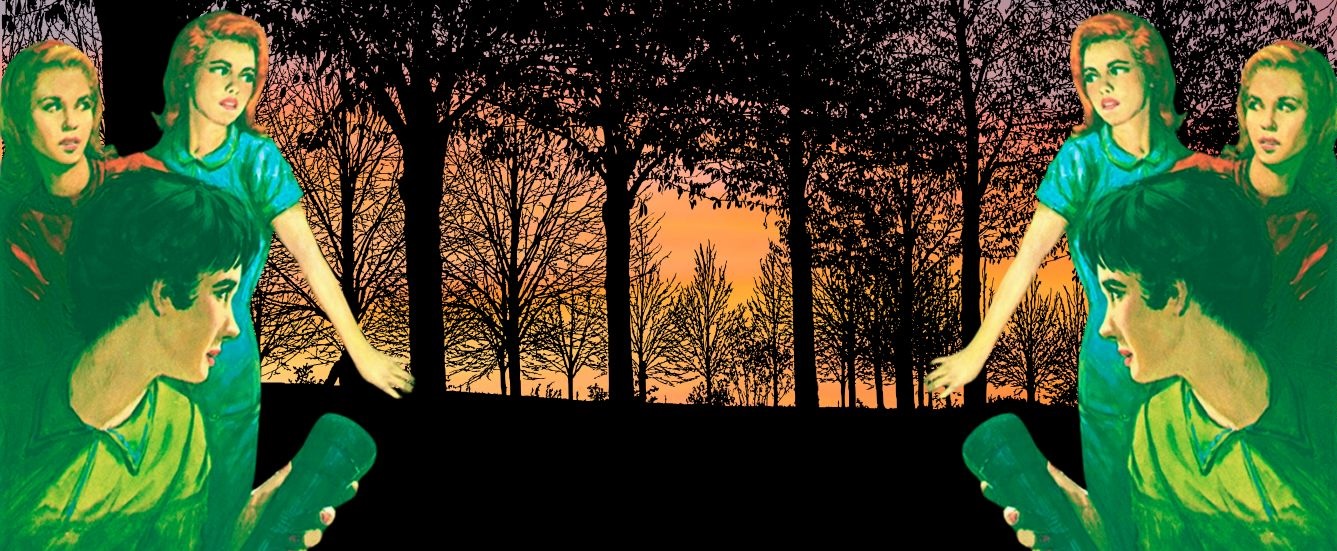In the late months of 1859, if you had walked down the rue Lamartine in Paris on a chilly autumn evening, you might have overheard Henri Bergson’s father, Michal Bergson, gently playing one of his own compositions to his newborn son—perhaps a mazurka inspired by his old teacher Frédéric Chopin. Article continues after advertisement The year 1859 had been a good one for the Bergson family. While Michal and his wife Kate had been expecting Henri, their second child and first son, Michal’s music was being performed in Paris for the first time. It seemed as though the universe was finally granting the composer some stability, something that had so far been lacking in his life. Michal was born in 1818 in Poland. His parents, Berek and Tamerl Sonnenberg, had been wealthy Warsaw merchants and renowned benefactors of the Jewish Hasidic community. Their status afforded them rights normally refused to Polish Jews at the time, such as choosing where they lived and how they dressed. After his father’s death, however, only the eldest of Michal’s brothers was permitted to retain these special rights. Michal and his other brother were forced to leave their home and never return. Everything changed for the young Michal, right down to his last name. With his father gone, he took the name Berksohn (son of Berek), and later Bergson. He went to Dessau and Berlin to study music and later travelled across Europe, finding work where he could. Article continues after advertisement In Paris in the 1850s, he married an Englishwoman of Irish origins, Kate Levinson. She was also Jewish, twelve years his junior, and the daughter of a Yorkshire doctor. In a charcoal portrait sketched by Mina Bergson, one of Henri’s younger sisters, Kate exudes serene wisdom and kindness. She was a rational and calming presence in the Bergson household, contrasting with Michal’s sometimes erratic behavior. She was born in the north of England and spoke in English to all her children. Thus, Henri and his siblings were raised bilingual. Although he did not grow up in Britain, Henri inherited traits stereotypically associated with the British character, like emotional restraint, dry humor, and almost pathological levels of self-deprecation. Over the years, Kate provided vital support for her husband, caring for their three sons and four daughters through the ups (of which there were some) and downs (of which there were many) of his career. In 1859, Michal happened to be on an all-time career high. A Parisian venue had put on a production of his now-forgotten operetta Qui va à la chasse perd sa place, and for a time his music was being played every night. One can imagine that when he gazed at baby Henri, his heart filled with hope, the kind that makes the future scintillate with infinite, smiling possibilities. Unfortunately, this did not last. After the reasonable success of Michal’s operetta, the director of the Théâtre Lyrique commissioned another of his works, a full opera this time. But before opening night, the theatre went bankrupt and the project was abandoned. Article continues after advertisement In 1863, when Henri was four years old, the composer moved his growing family to Switzerland, where he took a professorship at the Geneva Conservatory. The apartment in which Henri learned to read was located on the auspiciously named boulevard des Philosophes. Michal did not get along with his colleagues and did not take well to his new position. Perhaps these tensions stemmed from his difficult character (as the director seemed to think), perhaps they had to do with his being Jewish in an anti-Semitic milieu, or perhaps both were true. In any case, after four years of turmoil, Michal quit his job. With the arrival of each new child putting more financial strain on the family, they returned to Paris. Michal’s music never again occasioned the levels of enthusiasm generated by his 1859 operetta, and by Henri’s tenth birthday he had abandoned all hope of a successful public-facing music career. Once again, the Bergsons relocated. This time they moved to Kate’s home country, to a house in Shepherd’s Bush, London. They hoped that there Michal would be able to find work stable enough to support the family. Ten-year-old Henri was already showing great academic promise. From a very young age, he obtained multiple scholarships to help his parents finance his studies, first in Switzerland, with the help of the chief rabbi of Geneva, and later from the French government. When his family decided to seek opportunities in London, Henri was all set to attend one of the best secondary schools in France, the Lycée Fontanes (later known as Lycée Condorcet), previously attended by the poet Paul Verlaine and later the novelist Marcel Proust. So Henri, still a small boy, found himself left behind, alone in Paris. Henri’s early life was marked by instability. In his first decade, he moved between countries several times, all the while watching his father wrestle with professional precariousness. At a very young age, he lost the warmth of a family home and grew up apart from his siblings, living instead with a boarding master. He was raised by institutions more so than by his parents. Like the organisms in Darwin’s theory, the child Henri had to adapt and build resilience to survive. Article continues after advertisement At the same time, the world around him was becoming increasingly unpredictable. Left alone in Paris, young Henri found himself in the midst of one of the capital’s most violent episodes. In July 1870, a few months before the boy’s eleventh birthday, France went to war with Prussia and, within less than a year, was defeated. In the aftermath of this crushing humiliation and the fall of the Second French Empire, a revolutionary insurrection led by thousands of French national guardsmen, as well as by many women, took the capital. The demands of the Commune—the abolition of child labour, the separation of church and state, and fairer working conditions for men and women—and the Communards’ capture of some of the government’s cannons were met with bloody repression and tens of thousands of casualties. In retaliation against the French government’s brutal attacks, the Communards destroyed the president’s mansion and set fire to several of the city’s landmarks. The Tuileries Palace burned for three days, and for weeks Paris was filled with fire, smoke, and death. It is hard to imagine what a young child would have made of this upheaval. In an interview he gave many years later, Bergson reflected on the significance of the changes he encountered during his childhood, focussing not on the violent events of the Commune but on the apparently trivial question of his school’s name: I studied at Condorcet…at a time when the name of the school changed constantly according to political fluctuations. I personally saw these changes occur three times: Condorcet, Bonaparte, then Fontanes, and then back to the original name. As small schoolchildren, we were already meditating on the instability of human affairs. Article continues after advertisement By the early 1880s, around the time of Darwin’s death, Bergson became obsessed with change. It became clear to him that no one had taken the subject seriously enough, not even the leader of the evolutionists. Bergson decided that the trend towards immobility Zeno had set in motion two and a half millennia earlier needed to be reversed once and for all. Bergson’s philosophy demanded that we invert what feels like the natural order of things, the habitual direction of our thinking, and step away from our obsession with eternity. In his view, the philosophers of the past had it the wrong way round: permanence is the illusion, and change is the most fundamental reality of all. Throughout his philosophical career, and in different works, Bergson circled back to one fundamental idea: change is not something that happens on top of a fixed reality; change is reality. Bergson’s ideas would eventually make him the most famous person in the world, and for a while in the early twentieth century, his philosophical interpretation of biological evolution would eclipse even Darwinism. But back in 1859, the “City of Light” did not yet have its first electric streetlamps, and the various directions in which Henri Bergson’s life would snowball—the weekly riots at the Collège de France, the Nobel Prize, the secret meetings with President Woodrow Wilson—were still impossible to predict. ______________________________ Herald of a Restless World: How Henri Bergson Brought Philosophy to the People by Emily Herring is available via Basic Books.

 By Literary Hub | Created at 2024-10-29 21:48:14 | Updated at 2024-11-06 05:27:33
1 week ago
By Literary Hub | Created at 2024-10-29 21:48:14 | Updated at 2024-11-06 05:27:33
1 week ago









